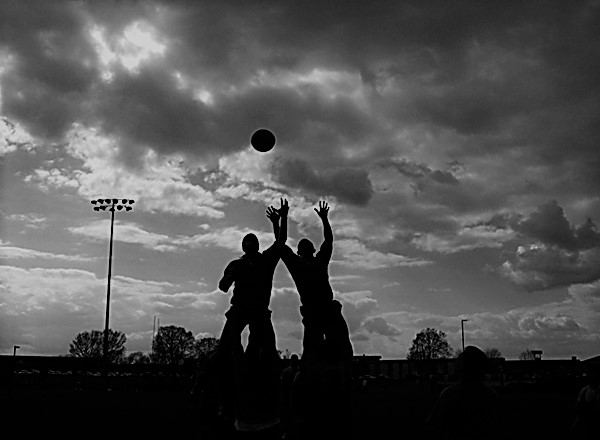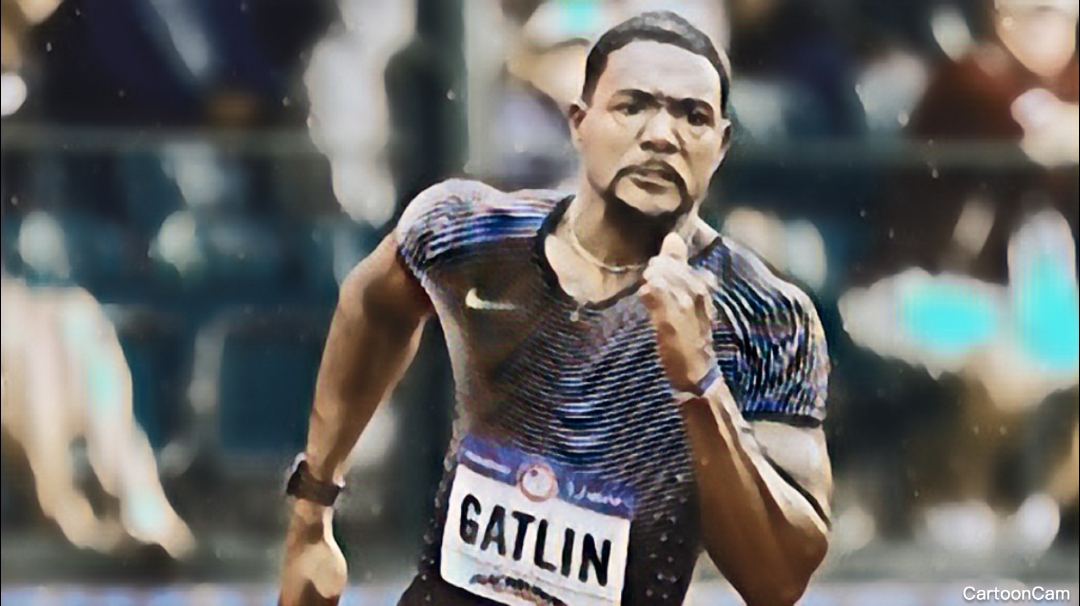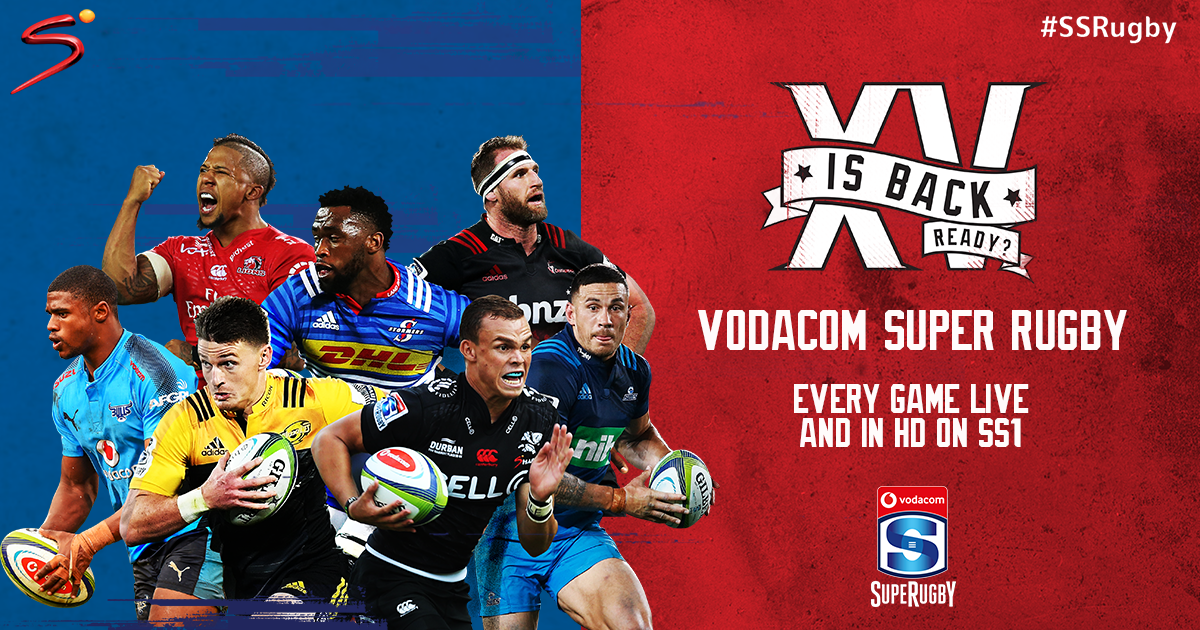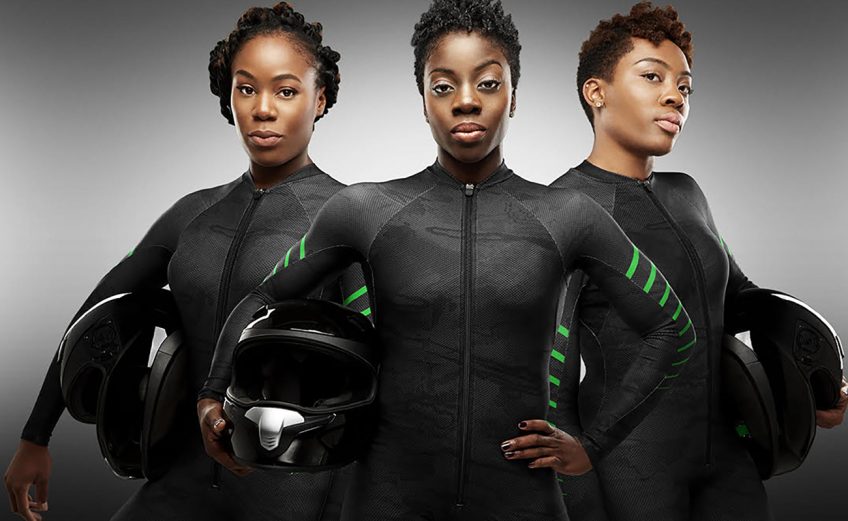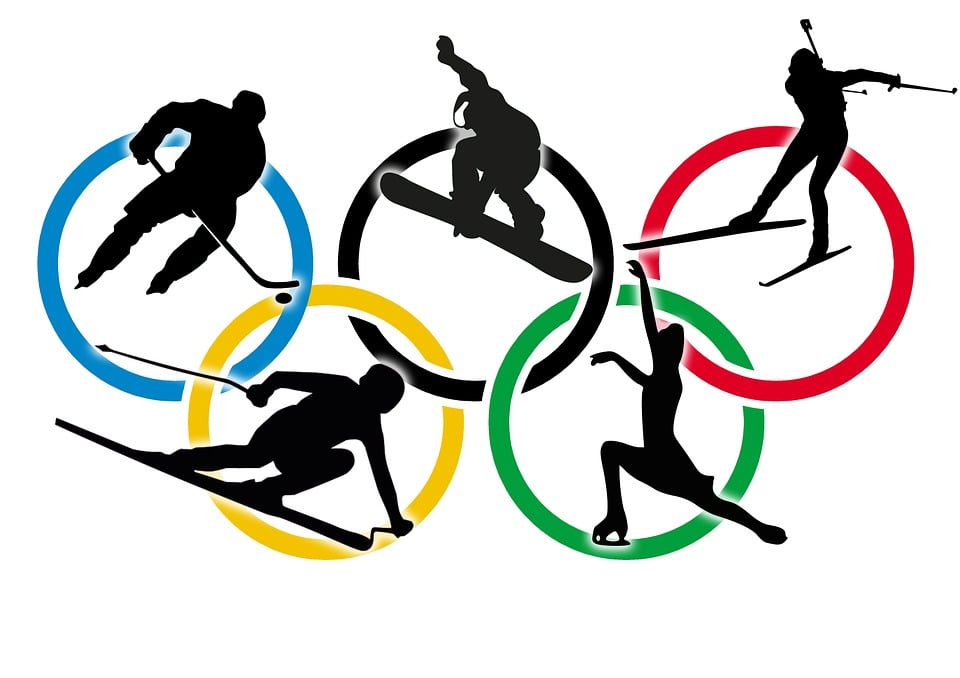Something extraordinary happened last weekend.
Black players flooded Ellis Park and the Super Rugby match between the Lions and Sharks – and hardly anyone noticed.
Perhaps we’re growing up and managing the racial angst that hangs over so much of our sport.
To be fair, the angst is necessary given past imbalances. To others, the sense is we must move along and acknowledge that change is happening; transformation is real, finally.
The Lions copped it in recent years for not reflecting the realities of a black-dominated populace. It was a fair beef, although black players have long been in the system in Joburg, albeit chiefly at junior level.
There were seven black players in the Lions squad on Saturday. In past years, this might have been termed “window dressing”, a sop to the politicos and social media crusaders. Diehards would have struggled with that term last weekend as Sylvian Mabuza, Lionel Mapoe, Marvin Orie, Elton Jantjies and Aphiwe Dyantyi produced bravura performances.
Hacjivah by name and achiever by nature, loose forward Hacjivah Dayimani then came on in the second half to confirm the shift running through the province’s rugby. Big and strong, he threw himself about and got stuck in.
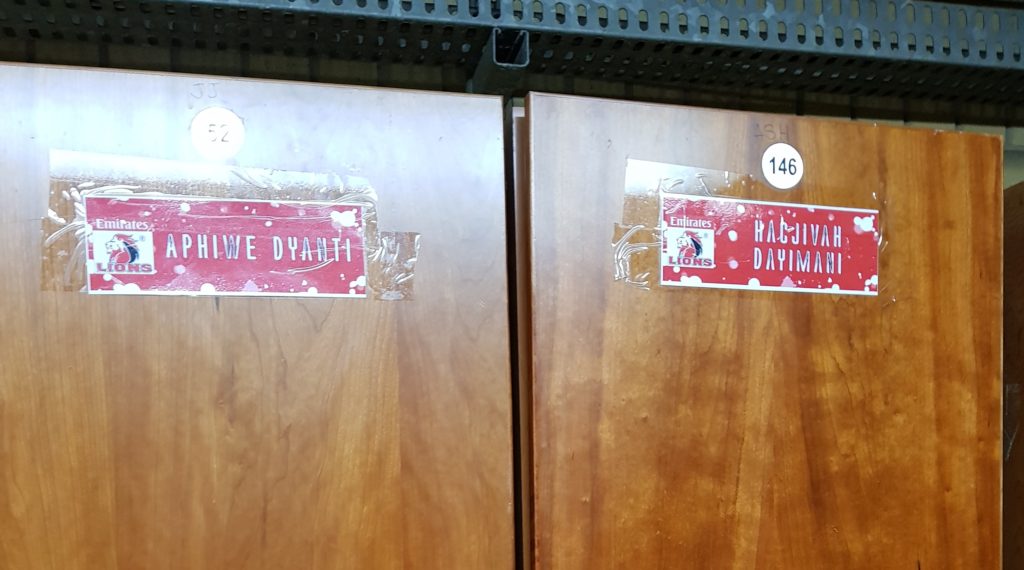 Remember his name, and not only because this proud son of a Jewish father from Nigeria and a sangoma mum has an unusual handle. This Jeppe old boy can play.
Remember his name, and not only because this proud son of a Jewish father from Nigeria and a sangoma mum has an unusual handle. This Jeppe old boy can play.
Dyantyi, too, was a revelation. While you expect first class wings to have gas, not all are blessed with intelligence or instinct. But Dyantyi was the full package as he beat his man, kicked a neat grubber along the touchline to nullify the defender and collected to score his first Super Rugby try.
You expect such alacrity from a grizzled 28-year-old, not a newbie playing his first game in the tournament.
The least surprising thing about Dyantyi is that he’s a product of Dale College, a veritable factory of fine black talent. He was deemed too small to crack the first XV, but there was nothing small about his performance last Saturday.
The Eastern Cape school has long had a system that runs with all the efficiency of a slick conveyor belt. Among those who can call Dale their alma mater are Sharks’ number eight Tera Mtembu, Gcobani Bobo, Tobela Mdaka, Bandise Maku, Shakes Soyizwapi, Chumani Booi, Bjorn Basson and Kaunda Ntunja, the first black captain of SA Schools.
The Sharks were no less transformed with a back division bristling with exciting black talent. Sbu Nkosi, another product of Jeppe, looks like a seasoned professional as he runs directly and dangerously.
Lukhanyo Am is a beast, fearless and formidable as he strong-arms the opposition with his presence. He was a very sassy buy by the Sharks, as was Makazole Mapimpi, who will surely play many games for South Africa. He’s that rarest of things, a savage finisher, and he will thrive so long as the Sharks realise the value he offers.
The original “Beast”, of course, still offers value, although perhaps more so now as a mentor where he can help youngsters ally savvy to strength in the front row. Mtawarira has enjoyed a glorious career in the number one jersey and could surely impart his wisdom of the dark arts to Sharks’ aspirants.
Elsewhere, there were more bright black beacons, like replacement Curwin Bosch who one moment late in the match scorched through the midfield, creating ripples of excitement among spectators.
Most are still undecided what is his best position. Less doubtful is the quality of his talent. He’s a tremendous player, vibrant and purposeful, and the answer may well simply lie in asking him where he wants to play.
Everywhere you look, classy black players are fast emerging. Given rugby’s divided past, it’s encouraging to see that the realities of South Africa are finally dawning on unions.
The old guard may rail against this sea change, but the inclusion of these players has added more than mere colour. It’s brought vibrancy, pace and joy to a game that has grappled for too long with its conscience.
Here’s hoping events at Ellis Park were not a false dawn, but a clear portend of great things to come. – @ Sunday Tribune

